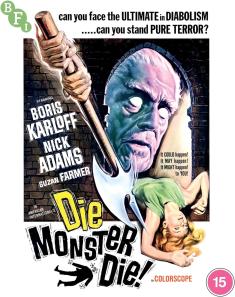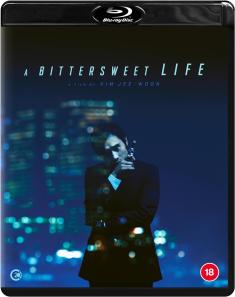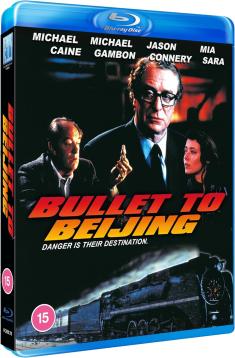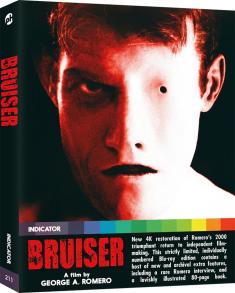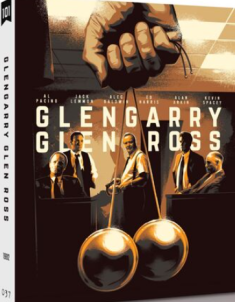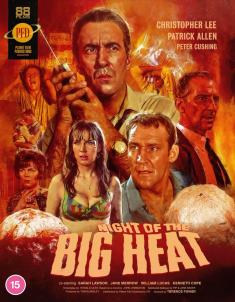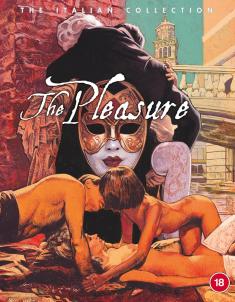Ray Gigant
Overview -
From Experience, one of Japan's most renowned Dungeon Crawler developers, comes 'Ray Gigant', an entirely unique take on the genre. When the world is left in ruins after the appearance of the mysterious Gigants, all hope seems lost until a boy somehow manages to kill one on his own. With three different campaigns and an innovative battle system, 'Ray Gigant' promises to be one of the most original Dungeon Crawlers around.
Video Review
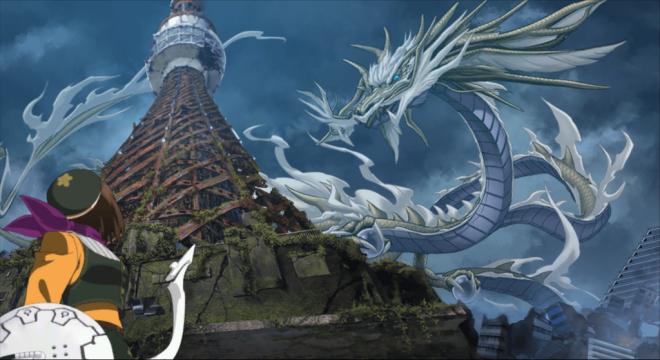
The game's dungeons all look fairly dull, relying a little too heavily on basic caves and ruins, but the game makes up for its visual shortcomings with a fairly slick presentation during combat and a clean, attractive art style. The fully-animated 2D sprites used for the playable characters look terrific, and the monster designs are fantastic. It's not a pretty game, but the unique look definitely carries it.
Audio Review
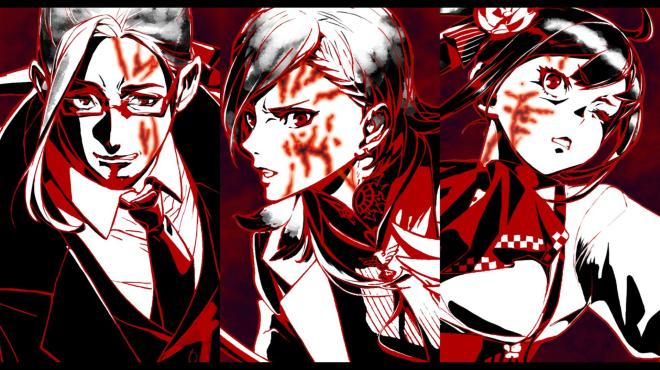
Probably the game's greatest asset, a jazzy soundtrack that is instantly catchy, has been clearly borrowed stylistically from the 'Persona' games. It's still a lovely selection of music that greatly enhances the overall package. There's also a fairly large amount of Japanese voicework, and the sound design in dungeons does a great job of making each area a little more intimidating.
Final Thoughts
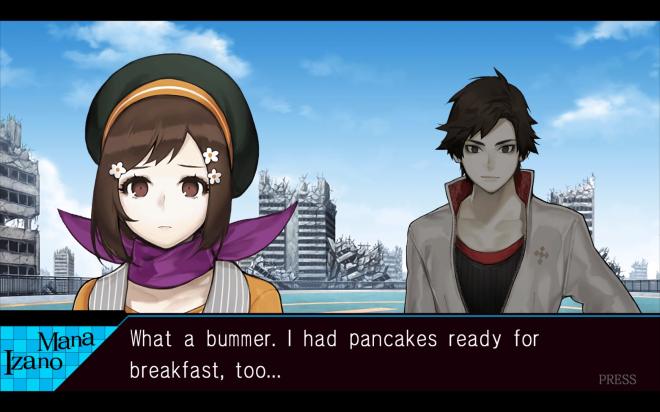
A collection of good ideas held back by subpar execution, 'Ray Gigant' feels too easy and dull for its own good. I desperately wanted to love it, but outside of the soundtrack, there's little I can say I ultimately enjoyed here. For those looking to get into the genre, the developer's own 'Demon Gaze' does a tremendous job of welcoming newcomers and working as a terrific dungeon crawler in its own right. 'Ray Gigant', however, just feels hollow.





